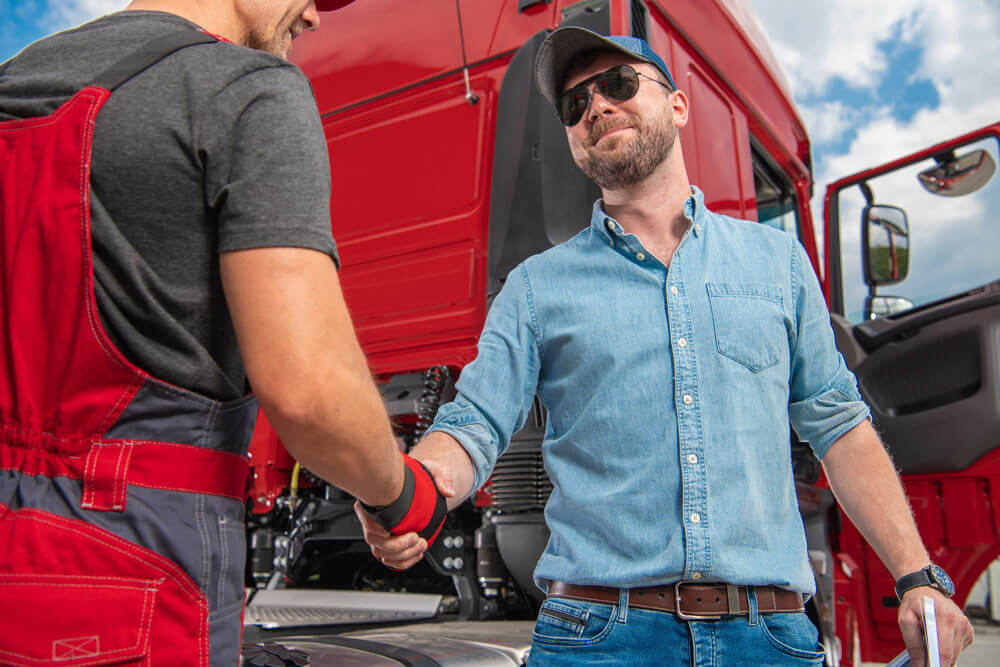It’s usual to be perplexed about the requirements for CDL drug tests. In short, the FMCSA has created criteria for persons who operate commercial motor vehicles to submit to drug and alcohol testing. This covers drivers of passenger vans, buses, and big trucks since they require a CDL. These rules specify who gets tested, when they’re tested, and under what conditions.
Understandably, this is where things start to become a little unclear as the requirements can be somewhat challenging to comprehend. Don’t worry, we’ll explain who must submit to CDL drug and alcohol testing as well as when it’s required in this article.
Who’s Subject to CDL Drug and Alcohol Tests?
Every employee who’s required to hold a CDL is subject to Part 382 of the FMCSA’s drug and alcohol testing requirements, which means that, contrary to how most safety standards operate, it applies to both intrastate and interstate commercial motor vehicle drivers.
All drivers who operate vehicles large enough to require a CDL are subject to drug and alcohol testing, regardless of whether they frequently cross state lines or merely drive every once in a while. This even includes all dispatchers, warehouse staff, mechanics, and temporary stand-ins.
Yes, keep in mind that mechanics are also required to submit to drug and alcohol testing. You may be asking, why’s that? Well, since mechanics test-drive CMVs they must hold a CDL. This means they too are included in the FMCSA’s drug and alcohol testing program.
Therefore, all aspects and obligations of Part 382—including the pre-employment examination, teaching materials, and random drug testing—apply to mechanics, warehouse workers, and so forth.
What Are They Testing For?
According to the DOT, transportation businesses are required to test for alcohol and the following drugs:
- Amphetamines
- Cocaine
- Marijuana
- Opiates
- Phencyclidine
What Situations Call For a Drug and Alcohol Test?
Therefore, if you possess a CDL, there are three circumstances in which you would be required to submit to a drug and alcohol test.
These typically include:
- You’re involved in an accident and receive a citation and the other party is injured needing medical attention
- You’re involved in an accident and receive a citation and the other party’s vehicle is no longer operational
- You’re involved in an accident in which someone dies
The FMCSA and DOT take truck crashes very seriously, as you can see. So, if your power unit truck is involved in an accident, your employer will probably subject you to a drug and alcohol test.
During pre-employment checks, return-to-duty evaluations, post-violation follow-ups (clearinghouse cdl), and when they have a good basis to suspect wrongdoing, an employer may also require a drug test.
Final Thoughts
Consult the FMCSA website for additional information regarding CDL drug and alcohol testing. Please see our blog for further details on DOT compliance (what is dot).
Sources
https://www.ooida.com/business-services/drug-alcohol-testing/requirements/
https://www.fmcsa.dot.gov/regulations/drug-alcohol-testing/overview-drug-and-alcohol-rules


